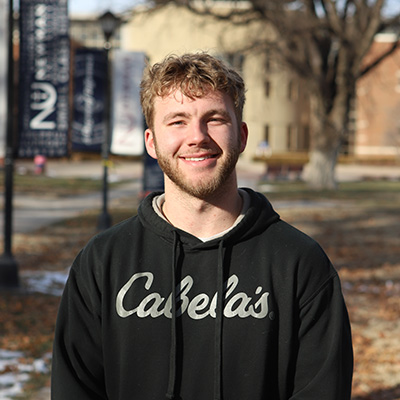Respiratory Care is a dynamic, high-tech, high-touch allied health profession. Respiratory therapists (RTs) work under the direction of a physician and assist in the evaluation, treatment, and care of patients with cardiopulmonary disorders. Our patients range in age from premature infants to the elderly. Many RTs work in hospitals; however, more RTs are now serving in physicians’ offices, rehabilitation facilities, home medical companies, and skilled nursing facilities (beanrt.org). Respiratory therapists have a promising future, with median annual salaries over $75,000/year [source].
| Small class sizes with dedicated faculty that can provide personalized instruction | |
| Engaging and immersive student learning experiences and clinical activities | |
| Outstanding job placement rates with top local employers upon graduation |
Have Questions?
Career Pathways
In Respiratory Care
Newman University’s Respiratory Care program provides you with the knowledge and relevant skills to set you on the path to a fulfilling career.
Some of our alumni in this program have found careers in:
- Cardiopulmonary Rehabilitation Services
- Clinical Specialist/Lead
- Higher Education/Teaching
- Home Medical Services
- Respiratory Therapist, Charge
- Respiratory Therapist, Staff
- Shift Manager, Respiratory Care
- Director of Respiratory Care Services
Some who have completed this program have chosen to continue studies in:
- Nursing
- Physician Assistant/Associate
- Medical School
- BS Degree Completion in Respiratory Therapy
- Graduate Degrees in Respiratory Therapy

I chose Newman University because of the strong reputation the respiratory program had within the community. Newman provided me with the educational learning and clinical practice skills that jump-started my career.
Newman School of Healthcare Professions, Respiratory Care, Alumni, Kyle Weis

After transferring from [a local community college], I figured there'd be a big lecturing hall or a bigger classroom. But once I got here, it's a lot of hands-on and one-on-one teaching, which helps a lot. The Repiratory Care program is really close to clinical sites like Via Christi and Wesley, which helps prepare you for the future even further.
Newman School of Healthcare Professions, Respiratory Care, Student, Bryson Gilchrist
